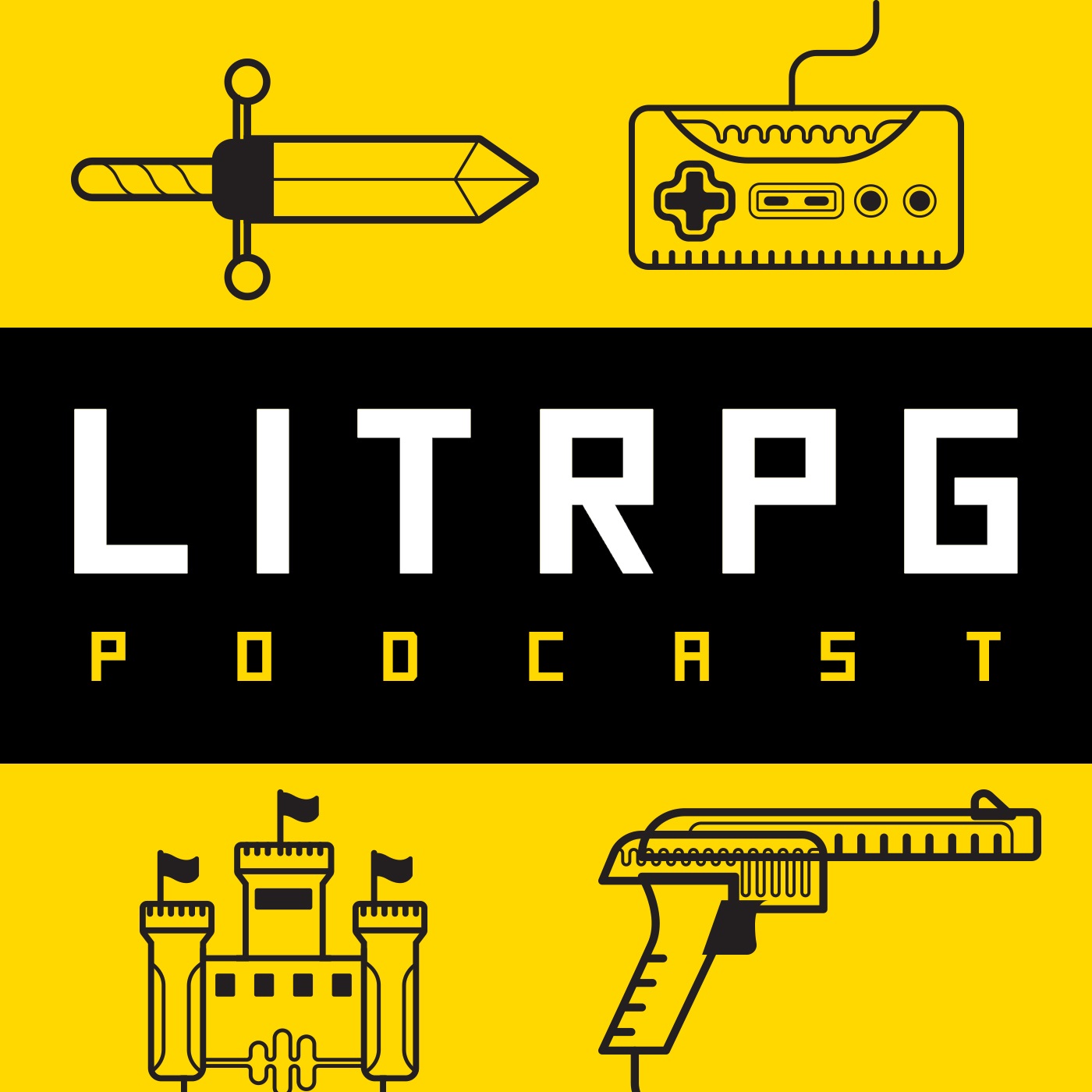Life has been hard for John. Now he’s facing eviction and the loss of his precious freedom. If he can’t turn things around, he’ll be one of the have-nots living in the brutal Benefits Towers.
A friend gives him the opportunity to enter the fantastic Land of Dreams, a state of the art DreamStateVR game, and he jumps at the opportunity.
However, the idyllic village of Brunewood seems cursed. Innocent young girls are disappearing and the ill-fated conjunction of the three moons approaches—the Blood Eye. Dark magic will be unleashed, can John and his friends save the villagers from a horrible fate?
Blood Eye is a LitRPG/Gamelit novel. There’s no harems in this book, and no sex.
My Opinion: 224 pages, $2.99, Available on Kindle Unlimited
Full disclosure: I received an advanced copy for review. I purchased a copy of the novel when it became available.
This is the author’s first published book and in many places you can tell. Reading it from beginning to end you can almost see the author finding their groove and becoming more comfortable creating their story. Unfortunately, what this means in a practical sense is that the beginning of the story is kind of rough.
The game mechanics in the story are pretty basic, though they get a bit of upgrade towards the 2nd half of the story. The game mechanics consist of a character sheet with three stats: Body, Mind, Spirit and places for skills or spells. Very simple. Progression is shown consistently throughout the novel with the MC getting XP, character, skill and magic levels. However, even though all those numbers go up, there’s less of a feeling that the main character is impacted by those gains. That’s mostly due to the lack of quantifiable connections to combat from the stats or skills since there are no damage notifications, levels for monsters, health pools, stamina pool, or mana pools. So there are no numeric points of reference.
The economics of the world also feels like a bit of a stretch. The reason the MC plays the game is to make money. In the game game currency can be traded in for real world money, and visa versa. The game is described as having a flood of rich people trying to buy their way to power in which case you’d think there would be severe inflation, reducing the worth of in game currency. But that’s not the case. As a starter character, the MC gets quests that net him tens of silver each, which is worth an in game value of about 100 meals (the MC pays a handful of coppers for his meals) or an exchange of 1 silver for 1 dollar. By the time he’s level 4 though, he’s getting quests worth gold, which equals hundreds of dollars. It just felt like a little bit of a stretch that a game company would give out those rich rewards to beginners. It kind of means that higher level players would be earning thousands and hundred of thousands of dollars per quest.
On the story side, I actually liked the real world development and the description of the increasingly automated world that pushes the MC into trying to make a living playing the game. It wasn’t the best motivation, and you can tell as the story continues that even the author thought so because they added more motivation with additional real world problems.
In-game, there is a larger plotline that’s fleshed out and resolved by the end of the novel, but most of the story ( like 65% of it) is just dungeon dives. They aren’t bad but there's a distinct lack of world building and character development until after the 50% mark that makes the first half drag a little. But after the 50% mark, things markedly improve. In particular, I really liked the in-game cutscene overlay with a certain king, prince, and god influences. I thought it was a great way to add backstory and world build without making the MC leave the game or watch a movie. It added some much needed depth to the game world. Additionally, after the 50% mark, combat descriptions improve a lot too.
There is a last minute cliffhanger I thought was annoying but it is meant to hook you into getting the next book, which is apparently already written and just needs some editing and polishing.
Overall, I liked the last half of the novel. There’s a noticeable improvement in the writing, world building, combat description, and even some added game mechanics. But the first half is going to be hard to get through for some people and in several place I thought it was boring. So I’ll split the difference between a 7 for the last half and a 5 for the first half and give the novel a 6. Though I do plan to read the next book and have high hopes for the series.
Score: 6 out of 10

